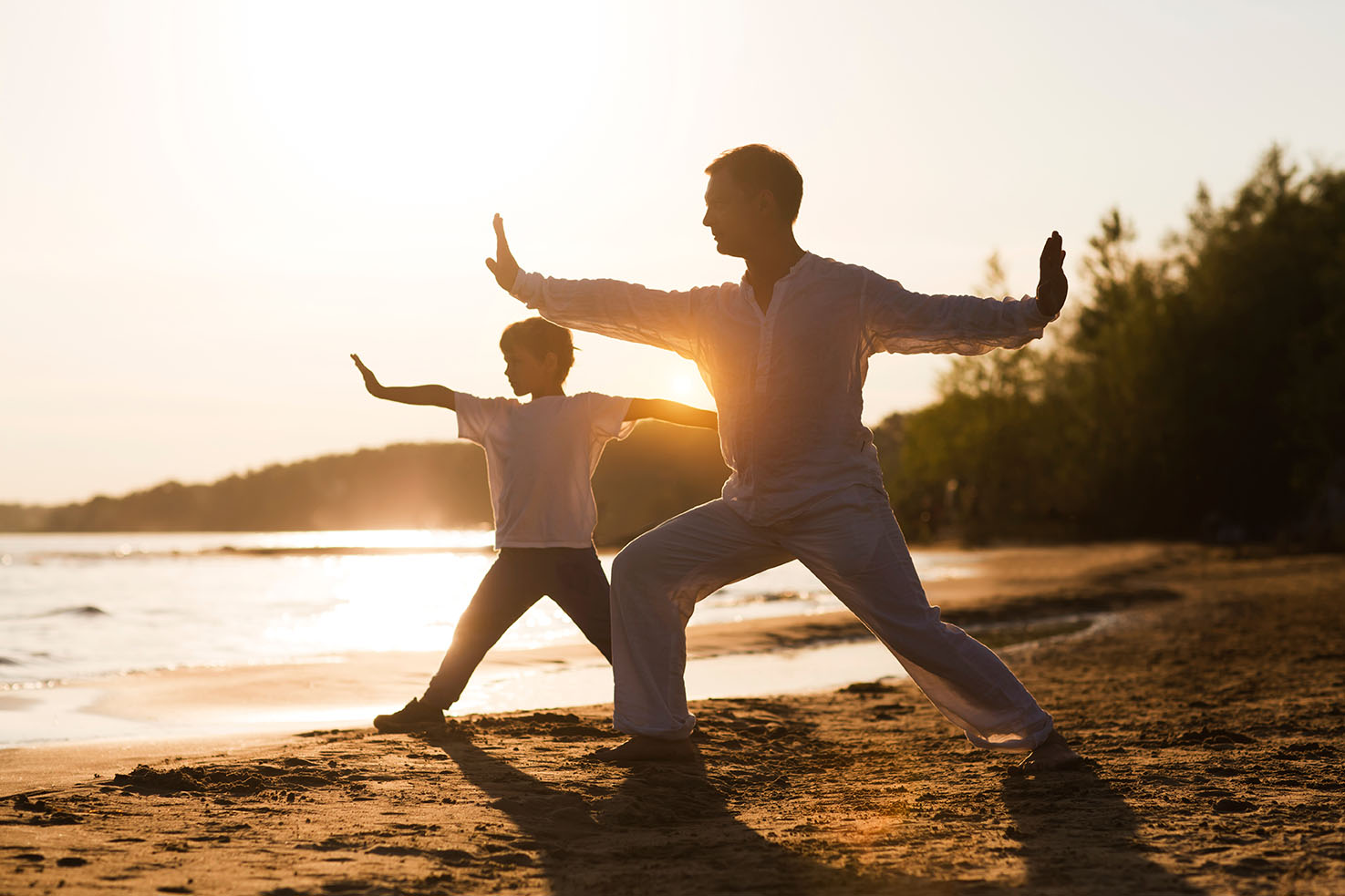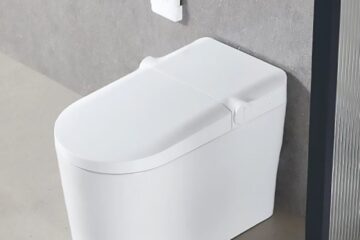Have you ever wondered how mindfulness and meditation can enhance your addiction recovery activities? These powerful practices can be life-changing. Mindfulness helps you stay present.
Meditation calms your mind. Both can support your journey to recovery. Imagine feeling more in control and at peace.
Curious to learn more? Read on to discover how to integrate these techniques into your everyday routine.
Start Small
Starting small in your journey with mindfulness and meditation can make a big difference. Begin by setting aside just five minutes each day for meditation. You can find a quiet spot and focus on your breathing. This little practice can help you establish a routine. Gradually, you can increase the duration as you get more comfortable.
Say for instance, drug rehab for married couples can incorporate these practices to improve their recovery. By adding mindfulness and meditation, couples can develop stronger emotional bonds. Eventually, these small steps can lead to significant improvements in mental clarity and emotional well-being.
Find a Quiet Space
Finding a quiet space is essential for a successful meditation practice. Look for a place where you won’t be disturbed by noise or other distractions. It could be a room in your home, a peaceful corner in your garden, or even a quiet spot in a nearby park. The key is to make sure it feels comfortable and safe so that you can relax fully.
A calm space helps you focus better and makes your meditation more effective. Set up this space in a way that feels inviting to you, perhaps with a comfortable chair or cushion, and enjoy the tranquility it brings.
Practice Deep Breathing
Deep breathing is a simple but powerful technique that can help you in your addiction recovery. Start by sitting or lying down in a comfortable position. Close your eyes and take a slow, deep breath in through your nose. Hold it for a few seconds and then exhale slowly through your mouth.
Repeat this process several times, focusing on your breath. Deep breathing reduces stress and brings a sense of calm, making it easier to stay on track with your recovery goals. By practicing deep breathing daily, you support your journey to a healthier and more balanced life.
Use Guided Meditations
Using guided meditations can be a helpful way to support your recovery journey. Guided meditations are simple to follow because someone else leads you through the process. You just need to find a quiet place, press play, and listen. These meditations often include soothing music and calming words that help you relax and focus.
They can teach you new ways to stay calm and centered. Whether you are new to meditation or have been doing it for a while, guided meditations can be a great addition to your daily routine. They make it easier to meditate by giving you clear instructions and support.
Try Different Techniques
Trying different techniques in meditation can make your practice more enjoyable and fit better with your needs. Some people like to focus on their breathing, while others find walking meditation or body scans more helpful. You might enjoy repeating a calming word or using a guided visual journey.
Trying these different methods can help you find what works best for you. It also keeps your meditation practice fresh and interesting. Remember, there is no right or wrong way to meditate, so feel free to explore different techniques until you find the ones that help you the most.
Set Intentions Before Each Session
Setting intentions before each meditation session helps you to stay focused and positive. An intention is a simple goal or purpose that you want to keep in mind as you meditate. For example, you might want to feel more calm, stay strong in your recovery, or just be kinder to yourself.
Before you start meditating, take a moment to think about what you hope to get from it. This can guide you and make each session more meaningful. Setting intentions can also help you see the progress you make over time, encouraging you to keep going.
Join a Meditation Group or Class
Joining a meditation group or class can be a great way to support your recovery. In a group, you can share experiences and learn from others who are also on the same journey. Being in a class offers structure and guidance, making it easier to stick with your practice.
It can be comforting to know you are not alone and to feel part of a community. The teacher can help answer questions and provide new techniques to try. Plus, meditating with others can be more fun and enjoyable. This support can make a big difference in your success and overall well-being.
Be Patient With Yourself
Being patient with yourself is very important in your recovery journey. Some days will be harder than others, and that’s okay. Remember that change takes time, and it’s natural to have ups and downs. Don’t be too hard on yourself if you face setbacks or if things don’t go as planned.
Give yourself credit for trying and understand that every small step forward is progress. Patience helps you stay calm and keep moving towards your goals without feeling discouraged. Believe in yourself and take it one day at a time.
Make It a Daily Habit
Making meditation a daily habit can greatly help your recovery journey. Start by picking a specific time each day to meditate, like right after you wake up or before you go to bed. Set a reminder so you don’t forget. Keep it simple and don’t worry about perfection.
The key is to be regular, even if it’s just for a few minutes. With time, this practice will become a natural part of your day, bringing you more calm and focus. Daily meditation can be a strong tool to support your goals and make each day a little better.
Learn More About Addiction Recovery Activities
Addiction recovery activities offer many benefits that can help you in your journey to wellness. By integrating practices like meditation, deep breathing, and setting intentions, you can build a strong and healthy foundation.
These recovery group activities are easy to start and can fit into your daily routine. They help you reduce stress, stay focused on your goals, and make each day a bit better.
Looking for more tips and ideas? We’ve got you covered. Check out some of our other posts now.
Stay in touch to get more news & updates on Buzz Slash!




